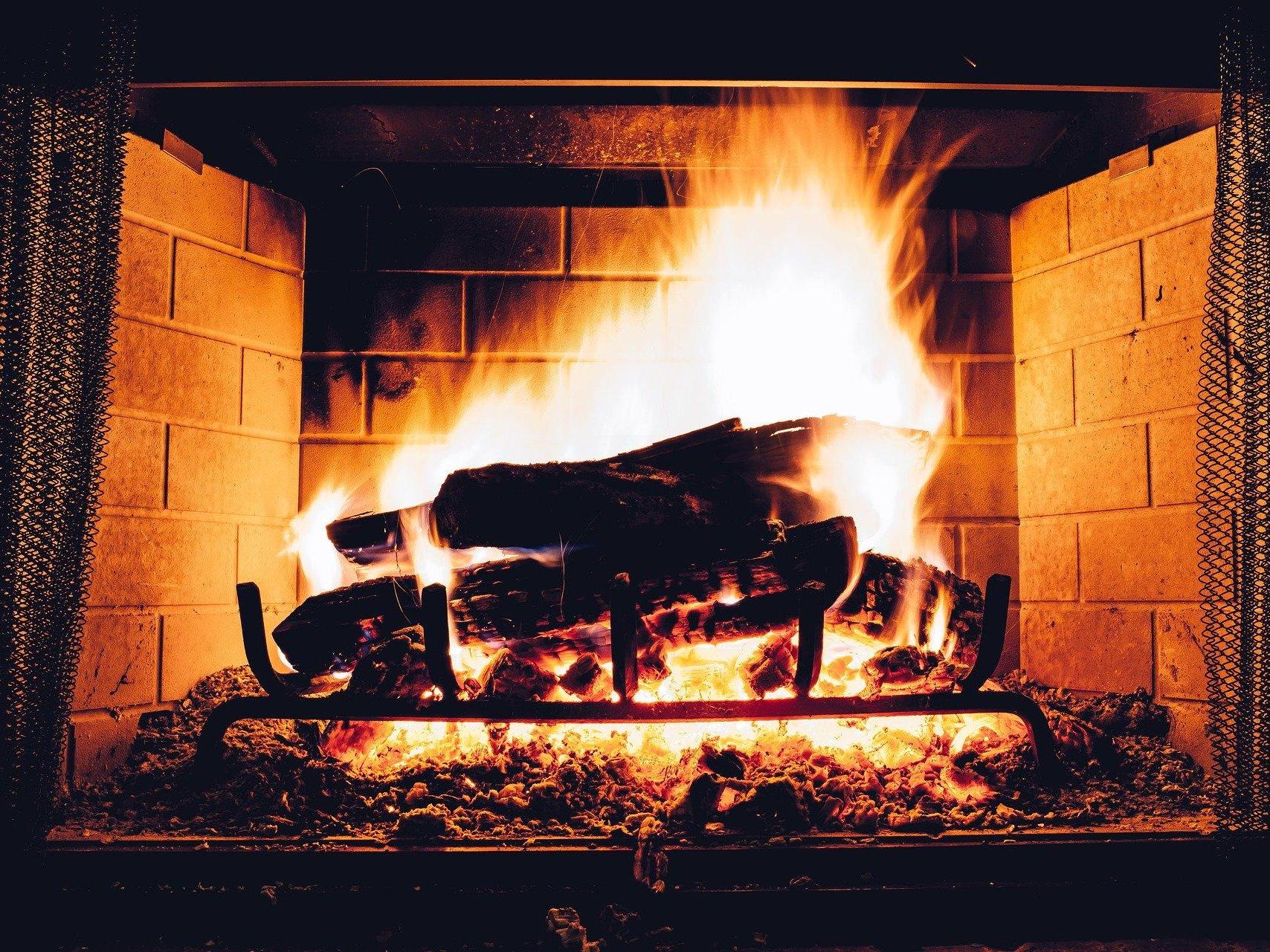Sale of coal and most polluting wood burned at home will be phased out to combat air pollution
Despite being the heart of many homes, they’re the biggest source of the most harmful air pollutant in the UK, environment secretary says

Your support helps us to tell the story
From reproductive rights to climate change to Big Tech, The Independent is on the ground when the story is developing. Whether it's investigating the financials of Elon Musk's pro-Trump PAC or producing our latest documentary, 'The A Word', which shines a light on the American women fighting for reproductive rights, we know how important it is to parse out the facts from the messaging.
At such a critical moment in US history, we need reporters on the ground. Your donation allows us to keep sending journalists to speak to both sides of the story.
The Independent is trusted by Americans across the entire political spectrum. And unlike many other quality news outlets, we choose not to lock Americans out of our reporting and analysis with paywalls. We believe quality journalism should be available to everyone, paid for by those who can afford it.
Your support makes all the difference.The sale of the most polluting fuels burned in household stoves and open fires will be phased out from next year to clean up the air, the government has said.
Plans to phase out the sale of house coal and wet wood have been confirmed, as part of efforts to tackle tiny particle pollutants known as PM2.5, which can penetrate deep into lungs and the blood and cause serious health problems.
Wood burning stoves and coal fires are the single largest source of PM2.5, contributing three times as much of the pollution as road transport, the Department for Environment, Food and Rural Affairs (Defra) said.
Sales of two of the most polluting fuels, wet wood and house coal, will be phased out from 2021 to 2023, to give householders and suppliers time to move to cleaner alternatives such as dry wood and manufactured solid fuels.
These produce less smoke and pollution, and are cheaper and more efficient to burn, officials said.
“Cosy open fires and wood-burning stoves are at the heart of many homes up and down the country, but the use of certain fuels means that they are also the biggest source of the most harmful pollutant that is affecting people in the UK,” said environment secretary George Eustice.
“By moving towards the use of cleaner fuels such as dry wood we can all play a part in improving the health of millions of people. This is the latest step in delivering on the challenge we set ourselves in our world-leading clean air strategy.
“We will continue to be ambitious and innovative in tackling air pollution from all sources as we work towards our goal to halve the harm to human health from air pollution by 2030.”
Sales of all bagged traditional house coal will be phased out by February 2021, and the sale of loose coal direct to customers via approved coal merchants will end by February 2023.
Sales of wet wood in units of under two cubic metres will be restricted from sale from February 2021, to allow for existing stocks to be used up.
Wet wood sold in larger volumes will need to be sold with advice on how to dry it before burning from this date, the government said.
Manufacturers of solid fuels will also need to show they have a very low sulphur content and only emit a small amount of smoke.
Press Association
Join our commenting forum
Join thought-provoking conversations, follow other Independent readers and see their replies
Comments